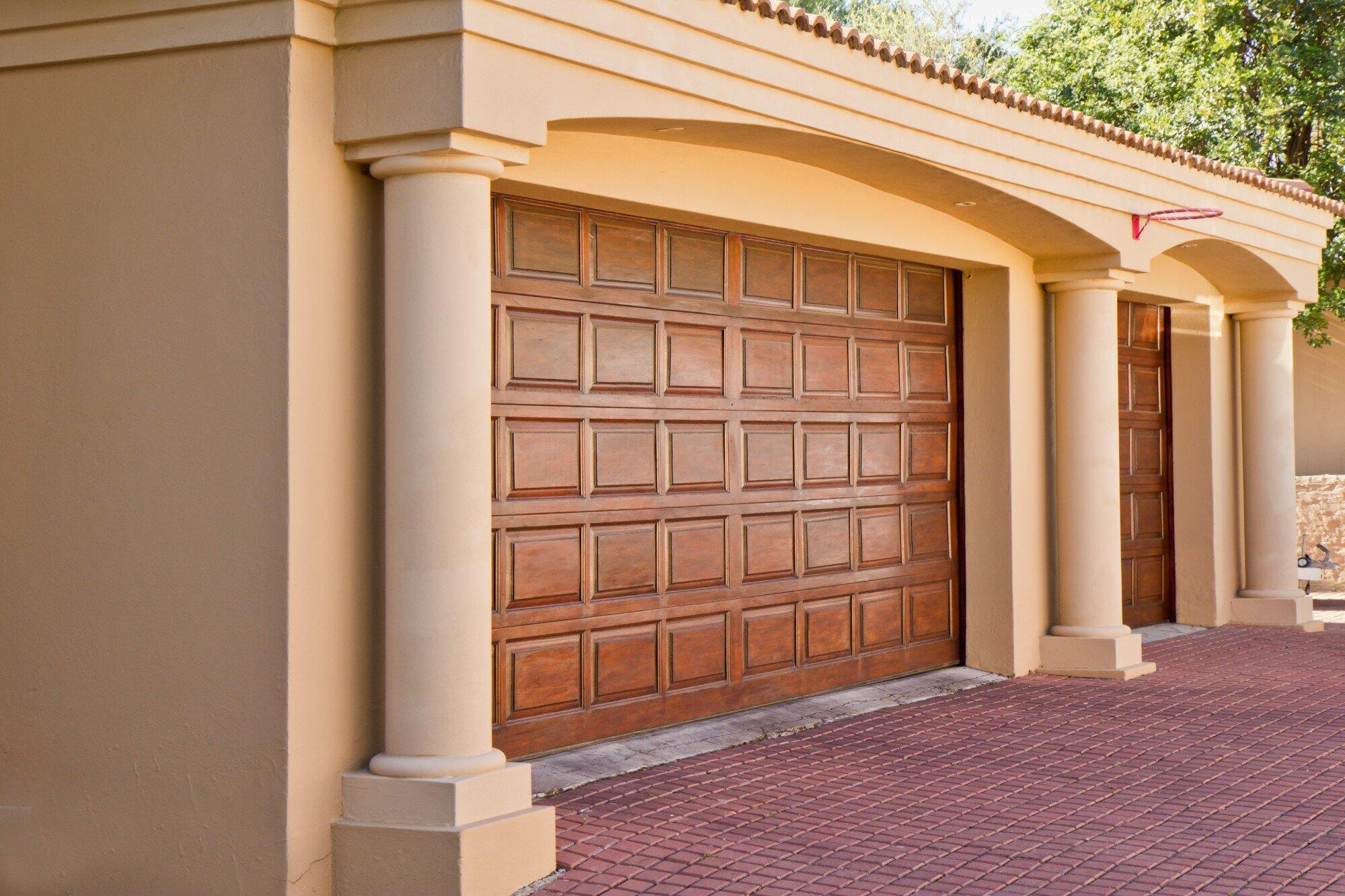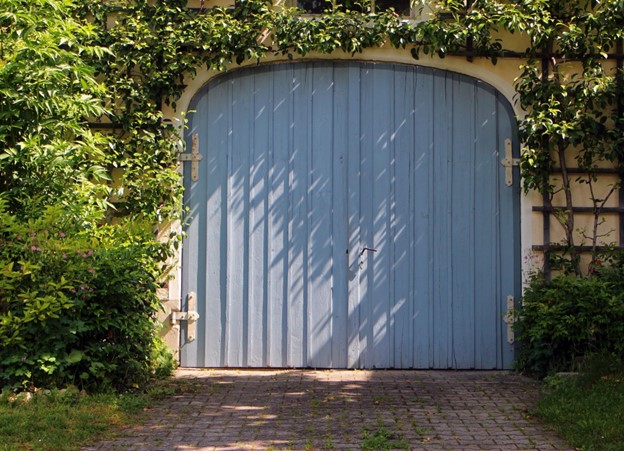A garage door serves as a crucial component of your home's facade, impacting not only its curb appeal but also its security and energy efficiency. Over time, even the most robust garage doors can succumb to wear and tear, leading to performance issues and aesthetic degradation. Recognizing the signs that indicate it’s time for a replacement can help you avoid costly repairs, enhance your home's appearance, and ensure the safety and functionality of your garage. This guide explores seven key indicators that suggest it might be time to invest in a new garage door.
1. Outdated Appearance and Mismatched Garage Door Styles
Your garage door plays a significant role in your home's overall exterior aesthetics. If the current design feels out of place with your home's architecture or clashes with the surrounding neighborhood, it might be time for an upgrade. Exploring various garage door styles can help you choose one that enhances your home's curb appeal. Whether you prefer the sleek lines of modern designs, the classic charm of traditional styles, or the rustic appeal of carriage house doors, there is a wide array of options available. Modern garage doors offer a diverse range of materials, colors, and finishes that can seamlessly integrate with both contemporary and historic home designs.
2. Frequent Repairs and Increasing Maintenance Costs
If you find yourself frequently calling a technician to fix your garage door, replacement might be a more economical choice. Constant repairs can quickly add up, especially if the door has multiple issues such as malfunctioning springs, faulty sensors, or worn-out tracks. Older doors are more susceptible to breakdowns as their components age and deteriorate. Each repair not only incurs direct costs but also takes time and effort to schedule and manage. For a durable and low-maintenance alternative, side hinged garage doors offer a practical solution, reducing the need for frequent repairs and ensuring long-term reliability. Older systems may not be as reliable, leading to more frequent disruptions. Investing in a new garage door can eliminate the hassle and expense of ongoing maintenance, providing a more reliable and efficient solution.
3. Excessive Noise During Operation
A garage door that makes loud, unusual noises when opening or closing is a clear indication that something is wrong. Squeaking, grinding, or banging sounds can result from worn-out parts such as rollers, hinges, or springs. While some noise is normal due to the mechanical nature of garage doors, excessive sounds suggest that the door is struggling to function correctly. These noises can be more than just an annoyance; they may signal underlying problems that could lead to more significant issues if left unaddressed. Replacing the garage door can eliminate these disturbances, ensuring smooth and quiet operation.

4. Safety Concerns: Sagging or Broken Springs
If your garage door appears sagged or has visibly broken springs, it poses a significant risk. Broken springs can cause the door to malfunction or even collapse, potentially leading to injuries or property damage. A door that sags may not close properly, compromising your home's security and leaving it vulnerable to intruders. Regularly operating a door with broken or weakened springs can exacerbate the problem, making the door even more unstable. Replacing the garage door ensures that it operates safely and effectively, protecting both your family and your property. Modern garage doors come with enhanced safety features, such as automatic reversing mechanisms and improved locking systems, providing peace of mind and safeguarding your home against potential hazards.
5. Poor Insulation and Energy Efficiency
A garage door that lacks proper insulation can lead to increased energy costs and an uncomfortable garage environment. Poor insulation allows heat and cold to seep in, making it difficult to maintain a consistent temperature. This can be particularly problematic if your garage is attached to your home or used as a workspace, as temperature fluctuations can affect the interior climate of adjacent living spaces. Modern garage doors come with improved insulation options, enhancing energy efficiency and providing better temperature control. Insulated doors help maintain a stable temperature, reducing the workload on your heating and cooling systems and resulting in lower energy bills.
6. Age of the Garage Door
The age of your garage door is an important factor in determining whether it needs replacement. Most garage doors have a lifespan of 15 to 30 years, depending on the quality of materials and the level of maintenance they receive. If your garage door is approaching or has surpassed this age range, it may be more prone to issues and less efficient than newer models. Even if the door still functions, newer models offer advancements in design, security, and energy efficiency that older doors lack. Over time, materials can degrade, hardware can wear out, and the door’s overall performance can decline. Replacing an aging garage door can enhance your home's functionality and appearance, providing you with the benefits of modern technology and design. New doors often come with improved safety features, better insulation, and more robust construction, ensuring long-term reliability and performance.
7. Visible Damage or Warping
Visible signs of damage, such as dents, cracks, or warping, indicate that your garage door is deteriorating. These issues affect the door’s appearance and its structural integrity and functionality. Warped doors can become misaligned, making it difficult to open or close them properly. Damaged doors are more susceptible to further issues, such as compromised security and increased energy loss. Physical damage can also create entry points for pests and weather elements, leading to additional problems like water leaks or infestations. Replacing a visibly damaged garage door restores both the aesthetic and operational aspects of your home’s entryway. A new door can provide a fresh, polished look while ensuring that your garage operates smoothly and securely. Modern materials and construction techniques also enhance durability, reducing the likelihood of future damage and extending the lifespan of your investment.
Recognizing the signs that it's time to replace your garage door can save you from costly repairs, enhance your home's appearance, and ensure the safety and efficiency of your household. From outdated styles and frequent repairs to excessive noise and safety concerns, each indicator serves as a prompt to evaluate the condition of your garage door. Investing in a new garage door not only improves your home's curb appeal but also provides long-term benefits in terms of energy efficiency and security.










